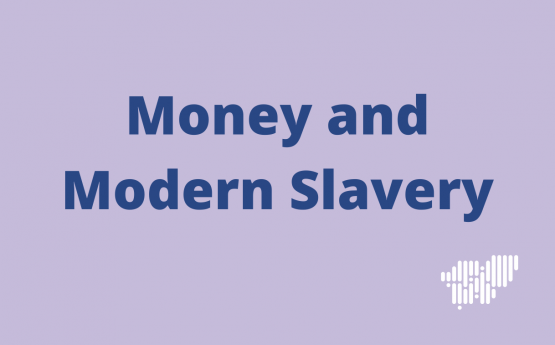Private housing plays a vital role in facilitating exploitation: as the place where some forms of exploitation takes place, a resource used by exploiters to target their victims and a means of controlling victims. As a partnership, we want to discuss the role housing plays and outline some guidance for those in the housing industry.
Housing as the site of exploitation
Certain forms of exploitation predominantly take place in private homes. For instance, domestic servitude is a form of exploitation that involves a person who lives and works in a private household where they are forced to work long hours – sometimes all day – undertaking a variety of domestic tasks. This can include activities such as childcare and housework, for which victims receive very little or no pay. Domestic servitude is a particularly difficult form of exploitation to uncover because it takes place behind closed doors in private residence. In the Unseen Annual Assessment, domestic servitude accounted for only 8% of the cases reported to the Modern Slavery Helpline in England. Domestic Servitude also often involves migrant domestic workers who are limited in their rights under the current ‘Domestic Workers in a Private Household visa’ – see the expert charity Kalayaan for further details on their ongoing campaigns.
Accommodation as a method of control
Victims of modern slavery are accommodated all over the UK – but where and who by? In recent large modern slavery cases, victims of labour exploitation have lived together in cramped, squalid conditions – in accommodation arranged by their exploiters. This was evident in the Operation Fort case where an organised crime group housed their victims in several properties, some arranged by a landlord who was accused of ‘turning a blind eye’ and as a return received a Slavery and Trafficking Risk Order.
Often, exploiters will also use housing as a way of controlling their victims; it may be that a person who was previously homeless doesn’t want to return to that situation, or that they are in debt to their exploiters because of extortionate accommodation fees charged to them. In the Unseen Annual Assessment, they state “For the first time, tied accommodation is the most indicated control method for all modern slavery case types, with 30% of potential victims reported to have experienced this as a factor in their exploitation”.
Identifying potential exploitation
Everyone can play their part to prevent or identify situations of exploitation. If you work in the housing sector, there are several questions to consider – particularly if you are involved in letting properties:
- Are the people occupying the property those named on the tenancy agreement?
- Is there a frequent turnover of occupants?
- Is there evidence of poor living conditions, sub-letting or over-crowding?
- Have issues been raised in relation to the property e.g. refuse, anti-social behaviour
- Is the person paying fees different to the person occupying the property?
- Are the occupants of the property in possession of their own passports, identification or travel documents?
- Does someone appear to be controlling the occupant’s communication, movement and/or behaviour?
- Do the occupants of the property appear withdrawn or frightened?
For further guidance, download our Housing and Modern Slavery Overview developed with the South Yorkshire Police and the Gangmasters and Labour Abuse Authority.
Other resources you may be interested include:
- Guidance from the Homeless Link on modern slavery and homelessness.
- The Local Government Association Guide for Landlords.
- The South Yorkshire Pocketbook for Professionals.
- Our animation Curiosity Counts in the Community.








